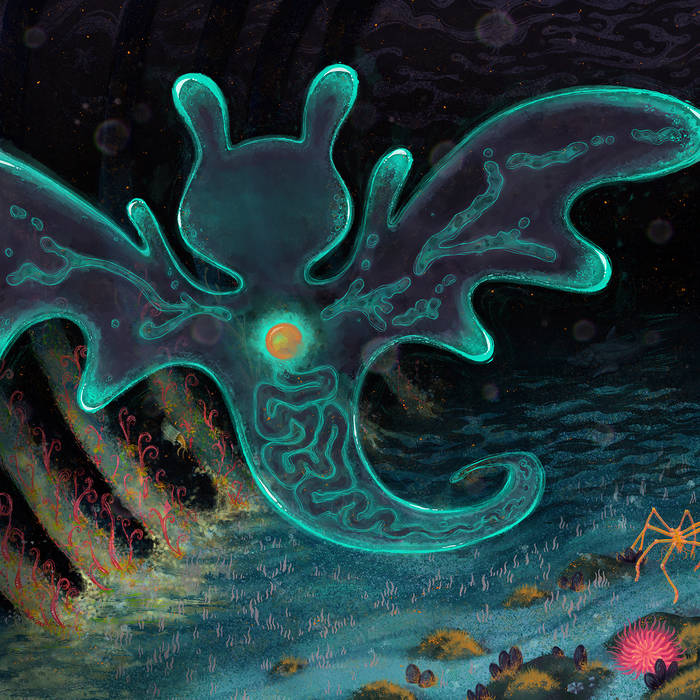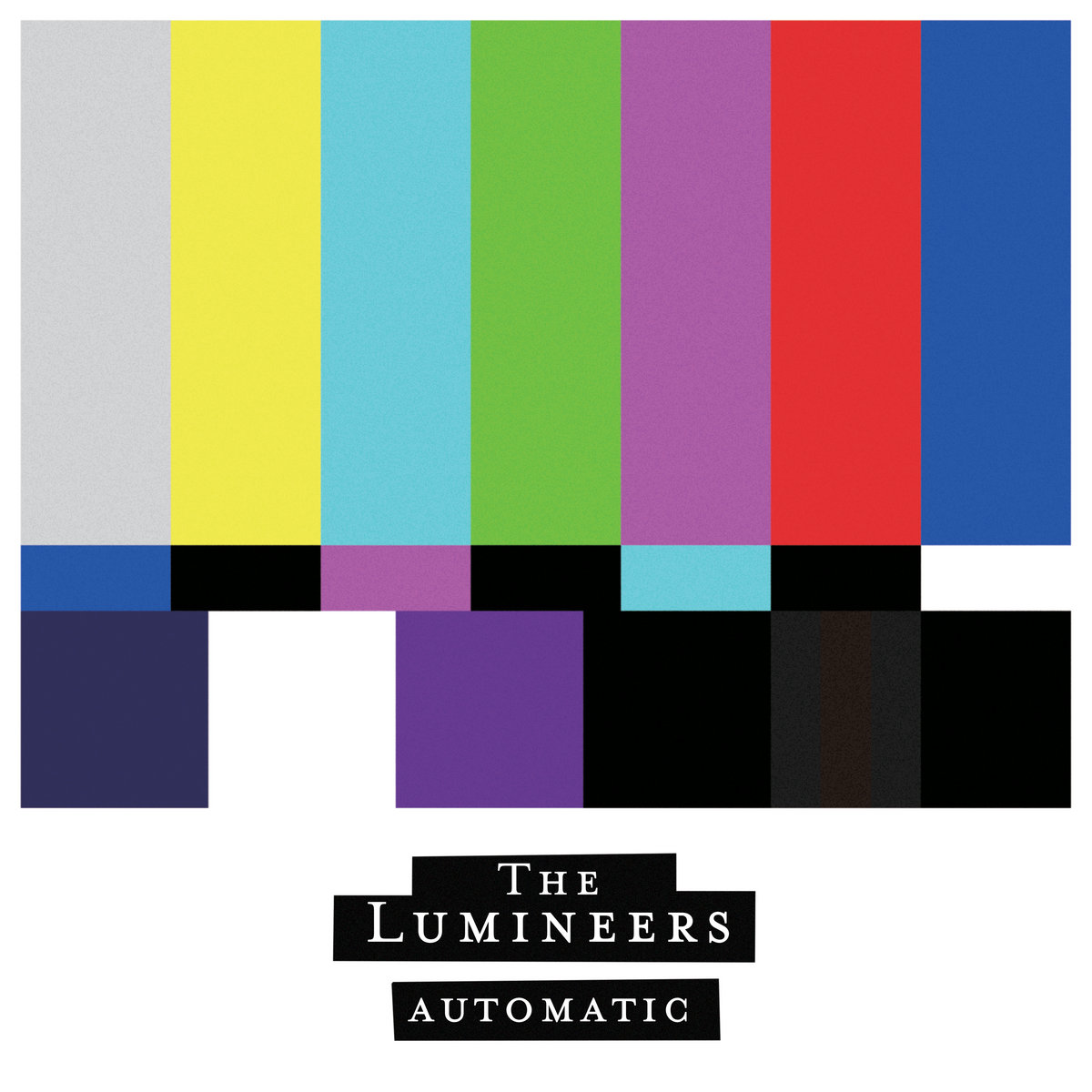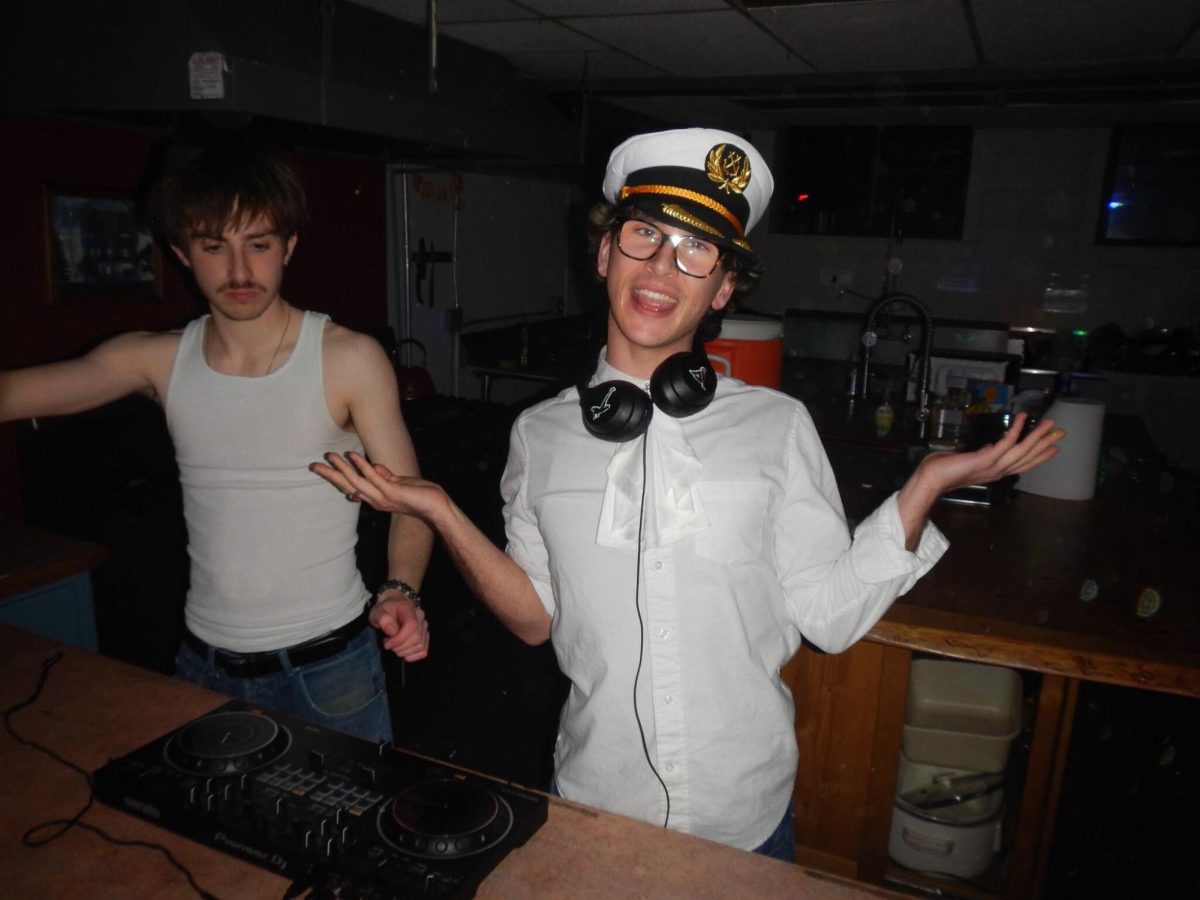In the United States’ culture where maximizing productivity can feel like the ultimate goal, one’s responsibilities can begin to feel like an overwhelming loop. I myself just got over the stress of the beginning of the semester, having to create a routine around my new classes while dealing with a heavier workload.
It was on the bus to one of these new classes that I heard glass beach’s “motions” for the first time. It is the second track on glass beach’s sophomore album, plastic death, released on Jan. 19. “motions” is an upbeat tune contrasting many of the other tracks on the record. At three minutes 32 seconds, the track also has a shorter runtime than many of the other ones off this album.
The feature that immediately struck me about “motions” during my first listen was its punchiness. The track begins with drums that made me want to hop out of my bus seat. These continue throughout the song as other features kick in; it came back into the forefront of my mind upon listening to the track again with a friend.
The guitars enter next with a softer sound but the same upbeat nature. This is reminiscent of the chill vibes present on glass beach’s first album and many of plastic death’s other parts. However, the guitar changes during the later choruses, growing heavier alongside the vocals. “motions” comes off as a mix between the lo-fi nature of glass beach and their emo influences.
The vocals on the track are very much buried within its sound at times. The drums, guitar and even the subtle trumpet parts shine through. The vocalist, J McClendon, sings softly during the verses and increases energy throughout. Some of my favorite touches they leave in their vocal delivery are the rising intonations at the ends of certain lines, such as during the first verse:
“Meet me at the tip of the iceberg /
And cut me out of my clamshell.”
As with many great emo vocalists — I’m looking at you, Fall Out Boy — the lyrics of “motions” are sometimes better understood on a second listen. This does not dismiss their importance to the song. The speaker discusses their desire to break out of the monotony of the constant grind of capitalism, as discussed in an interview with OurCulture.
There is a level of frustration present when one feels stuck, as if they are supposed to want to achieve more and more and more to the point of burnout and exhaustion. That is not the life that everyone wants, but it is often the life that is expected. The chorus of this track best displays how this feeling manifests, with the speaker saying:
And I wanna blend into the background /
And I wanna run like a machine.”
The speaker also discusses the idea of productivity measuring worth. This idea of constant efficiency disconnects people from their hobbies and from themselves; this is something I have even struggled with myself. I have had countless conversations with friends who wish that there was just one more hour in a day to do everything they need to. Should this really be the case? Is it necessary to measure ourselves based on how much work we get done? It is a difficult reality that many people do view their worth in this way, as the speaker of the track expresses in verse two:
The song ends triumphantly with an accelerating outro highlighting the horn parts. Overall, glass beach explores the idea of breaking out of toxic productivity culture through a poignant and fun anthem. It is also a truly cathartic and joyful listening experience. Even so, the track forces the listener to confront their reality and question if this constant pressure to maximize their abilities should really be normalized.

















